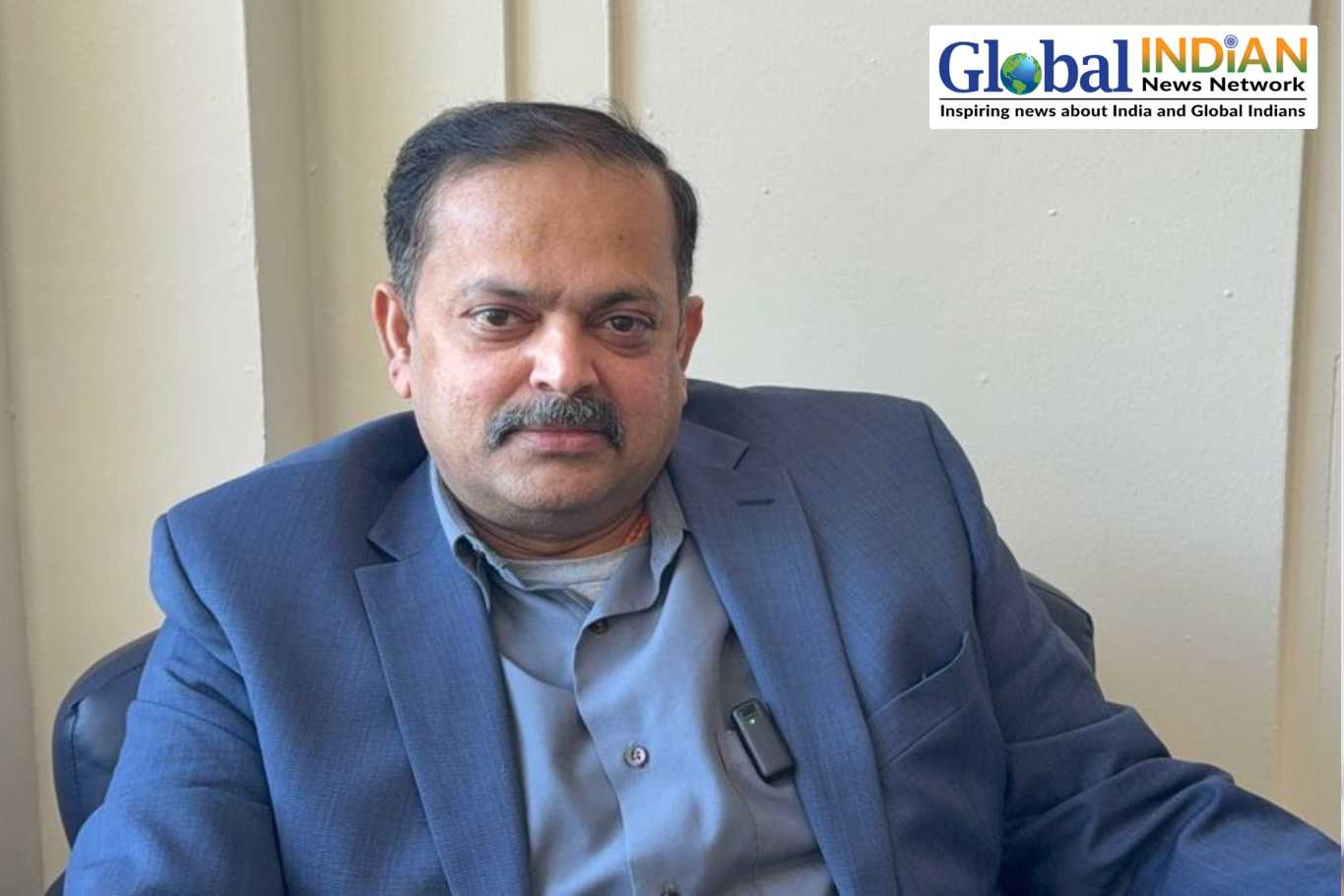
In partnership with The Pew Charitable Trusts, Penn State President Neeli Bendapudi is spearheading a new initiative that brings together university leaders nationwide to shape the future of public-impact research in the United States, with a focus on benefiting society as a whole.
Bendapudi is the founding chair of the Presidents and Chancellors Council on Public Impact Research, which unites more than a dozen leaders from research universities and higher education institutions across the country. This council will collaborate closely with Pew’s Transforming Evidence Funders Network, integrating various stakeholders from the research ecosystem, including government agencies, philanthropic and funding organizations, nonprofits, and community leaders. The goal is to create a strategic roadmap for community-engaged, public-impact research.
“Scholarship that partners with communities and aims to create positive societal change by informing public policy, practice, and public engagement aligns with the core mission of research universities: to advance knowledge, solve global problems, and enrich the communities we serve,” Bendapudi stated. “This is also in line with Penn State’s mission as a land-grant university and one of the world’s largest research entities, utilizing our scholarship to drive innovation and impact. I am thankful for the collaboration with The Pew Charitable Trusts and fellow education leaders, and together, we aim to define the future of public-impact research.”
Angela Bednarek, director of the evidence project at Pew and leader of the Transforming Evidence Funders Network, commended Penn State’s leadership in promoting and assessing public impact research. President Bendapudi, similar to our network funders, focuses on improving societal impact, public engagement, and community leadership in research. “Funders and higher education leaders must learn from each other to foster a participatory and impactful research environment.”
Public-impact research is defined as research that is strategically designed to bring about positive societal changes. This approach, increasingly prioritized by universities and research funders, often involves partnerships across multiple sectors and participatory methods that engage the communities affected by the research.
The formation of the Presidents and Chancellors Council signifies growing support for public-impact research on both national and international levels. The council aims to:
– Promote innovative and rigorous methods for evaluating research impact
– Strengthen partnerships between universities, nonprofits, governments, and industry
– Enhance recognition and rewards for diverse research approaches
– Provide researchers with training and tools to influence positive outcomes in various arenas, including policy and community settings
– Build national momentum for public-impact research
The launch of the council coincides with two significant events in Washington, D.C.: the Leadership Forum on Public Impact on June 12, which gathered the council and Pew’s Transforming Evidence Funders Network, and a National Academies of Sciences, Engineering, and Medicine workshop on institutional capacity for engaged research. President Bendapudi chaired the Pew forum and is scheduled to speak at the National Academies workshop on June 13.
This council’s formation, aligned with these events, aims to unite academic, governmental, and philanthropic leaders to overcome institutional barriers to public-impact research and devise strategies to support and elevate this scholarly work.
Michael Donovan, associate director of the Evidence-to-Impact Collaborative, noted, “This initiative builds on Penn State’s ongoing efforts, such as the Evidence-to-Impact Collaborative, which fosters research collaborations with practitioners and policymakers, and new funding opportunities like the Presidential Public Impact Research Awards. By leading at the national level, Penn State continues to fulfill both our research and public service missions.”









